
All we hear these days is about the Blockchain. Dozens of tutorials and articles that explain what it actually is. But there is one thing that business people may miss from the whole picture — Blockchain in its usual meaning is just one of many types of a distributed ledger technology (DLT). However, this field is far bigger and your future blockchain project have a lot of possible opportunities when it comes to DLT Blockchain protocols.
Here is the review of the top 5 you should consider before starting the development process.
What Is DLT Blockchain?
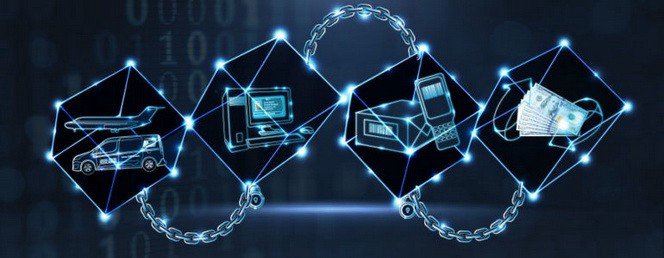
#1 Ethereum
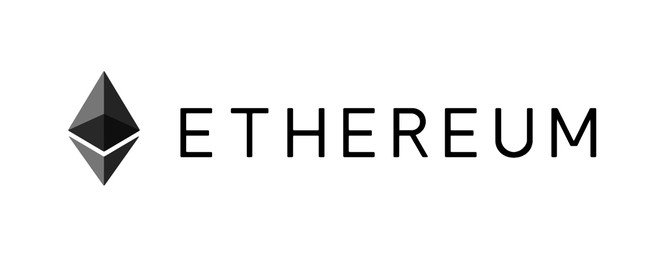
One of the most famous platforms on the market, a constant rivalry for Bitcoin. It offers Ether cryptocurrency and an e-wallet for ERC-20 standard tokens. Due to the protocol’s scalability, DLT blockchain developers can create revolutionary dapps on both Ethereum platform and the democratic autonomous organizations.
But the huge advantage of Ethereum is that its technology allows using programmable smart contracts — self-executing computer algorithms which exclude the possibility of third-party interference and censorship. Smart contracts can be programmed to store, register and transfer valuable data, securities and funds based on the predetermined conditions.
#2 Hyperledger
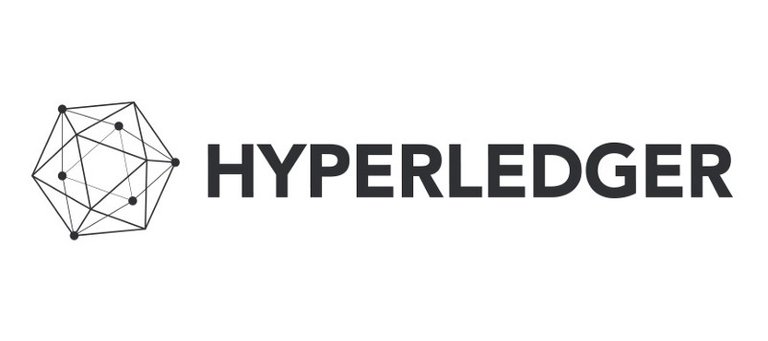
In 2015, the Linux Foundation launched the Hyperledger — an umbrella project that provided the open-source blockchains and related tools. Hyperledger DLT blockchain platforms are designed to handle the Python programming language, the endorsement policies for international business transactions and the confidential data sharing between inner nodes. It unites the stakeholders from across the globe by supporting tech manufacturers, IoT services, supply chain companies and financial sector.
#3 Openchain
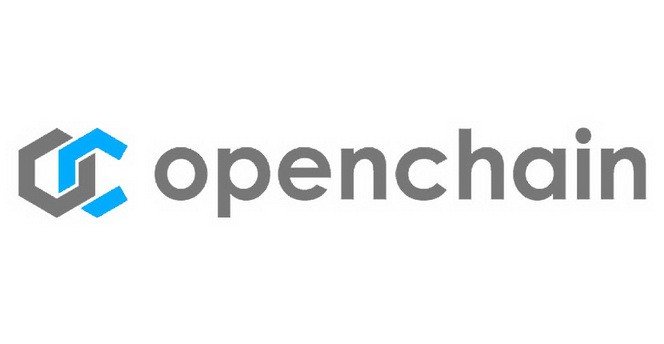
This DLT blockchain protocol for enterprises greatly differs from others by using the so-called partitioned consensus model. With such approach, developers use just a single open chain instance, so each person is authorized to validate and prove the transactions and not being placed in a centralized ledger. Each entity controls its own instances, which can be connected to each other. In Openchain, depending on which assets are being exchanged, separate authorities validate separate transactions. Which makes this DLT blockchain protocol highly scalable and secure.
#4 Corda DLT Blockchain
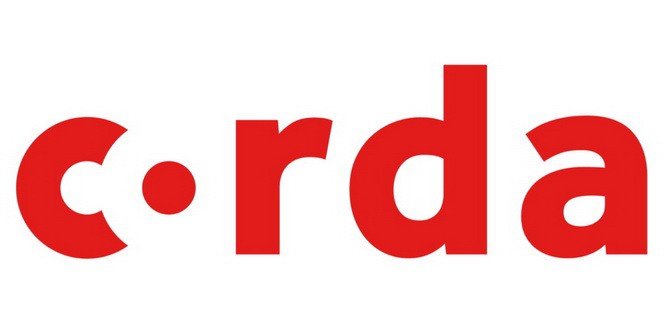
It was developed by R3 enterprise open source blockchain project as for recording, storing, processing and synchronizing the financial deals between financial organizations. Corda DLT protocol was designed for business from the start and the world’s largest entities. It is based on the principles of highly secure transactions and direct value exchange via smart contracts. With Corda, developers can create interoperable blockchains where transactions are verified only by individual parties who issue the transaction. No centralized controller and unrelated validators are allowed. The one disadvantage may be that the Corda protocol comes without an inbuilt cryptocurrency.
#5 BigChainDB
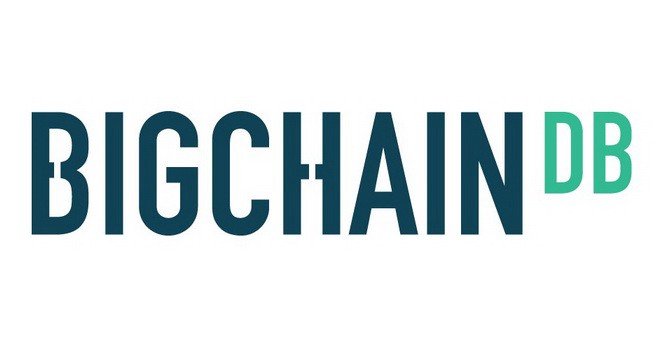
With this open-source DLT blockchain, the difference is that the BigChainDB works as a distributed database with blockchain features. Such as decentralized administration, immutable data storage, transactions processing and digital assets transferring. BigchainDB comes with transparency, high throughput, low latency, support for permissions in both private and public ledgers, and powerful query functionality. It also operates on the Federation Consensus Model.
Afterword About DLT Blockchain Technology
If you’re still hesitating whether to say yes to DLT blockchain investing, let us assure you that the distributed ledger technology is already a symbol of future. It opens up the doors for great transformations and higher profits in many industries from finances, banking and loT to healthcare, manufacturing and real estate.
But if you plan to develop your own product based on one of the DLT blockchain protocols keep in mind to review their pros and cons first. Then choose the reliable blockchain development company and make sure that they eliminated all the security risks we discussed in this article.